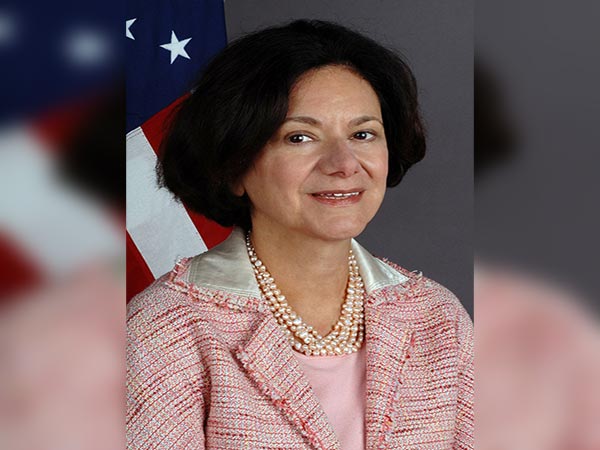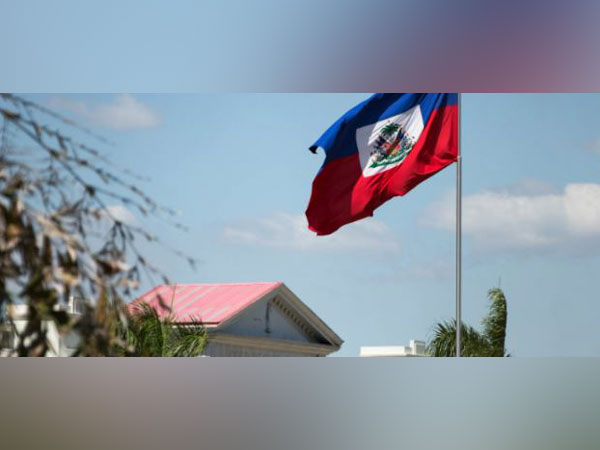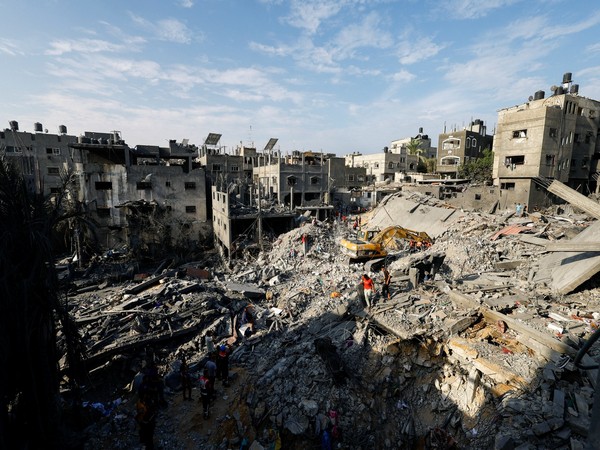
UN official says conflict in northern Ethiopia places country in uncertainty
Nov 09, 2021
United Nations, November 9: UN Undersecretary-General for Political Affairs Rosemary DiCarlo warned Monday that the conflict in northern Ethiopia places the future of the country and its people in grave uncertainty.
"The year-long conflict in the Tigray region of Ethiopia has reached disastrous proportions. The fighting places the future of the country and its people, as well as the stability of the wider Horn of Africa region, in grave uncertainty," she told the Security Council in a briefing.
In recent days, Tigrayan forces have advanced southward toward Addis Ababa, the capital city of Ethiopia, acting in coordination with the Oromo Liberation Army. The federal government of Ethiopia has declared a nationwide state of emergency and has stated it is fighting "an existential war." Elsewhere, insecurity in the Oromia region continues to worsen, while the situation in parts of the Benishangul-Gumuz region remains tense, she noted.
"There has been much speculation regarding how this crisis will unfold over the coming weeks. In a country of over 110 million people, over 90 different ethnic groups and 80 languages, no one can predict what continued fighting and insecurity will bring. But let me be clear: What is certain is that the risk of Ethiopia descending into widening civil war is only too real. That would bring about a humanitarian catastrophe and consume the future of such an important country," warned DiCarlo.
The political repercussions of intensifying violence in the wider region would be immense, compounding the many crises besetting the Horn of Africa, she added.
Just in northern Ethiopia today, more than 7 million people need humanitarian assistance. Efforts to mobilize assistance in Tigray, where more than 5 million people need food and an estimated 400,000 people are living in famine-like conditions, continue to be undermined by the inability to move cash, fuel and supplies into the region. No aid trucks have reached Mekelle, the Tigrayan capital, since Oct. 18 amid continued airstrikes, she said.
The UN humanitarian air service flights have remained suspended since airstrikes on Oct. 22 forced a flight to return to Addis Ababa. The United Nations has been unable to move fuel into Tigray since August. While some emergency supplies have been moved, it has been four months since the last major shipment of medicines and health supplies into Tigray, she said.
The lack of access means that humanitarian organizations have had to scale back core, life-saving activities, including water trucking, food distributions, mobile clinics and support for acutely malnourished children and mothers, she said.
Needs and protection concerns are also rapidly escalating in the Amhara and Afar regions that border Tigray, with large numbers of people fleeing from their homes as the fighting continues to expand, she said.
"Let us recall that this expanding crisis is happening in a country that was already grappling with enormous humanitarian challenges, including local conflicts, flooding, drought and infectious disease outbreaks. While needs are most acute in the north, across Ethiopia as a whole, more than 20 million people are estimated to need some form of humanitarian support. More than 5 million people are internally displaced," said DiCarlo.
There must be an immediate cessation of hostilities, she said.
This has been the call of UN Secretary-General Antonio Guterres, African Union Commission Chair Moussa Faki Mahamat, Intergovernmental Authority on Development Executive Secretary Workneh Gebeyehu Negewo, the head of state of Ethiopia's key neighbor, Kenyan President Uhuru Kenyatta, and the UN Security Council, she noted.
They have also called for negotiations toward a lasting cease-fire and for the creation of conditions for an inclusive Ethiopian dialogue to resolve the crisis and create the foundation for peace and stability throughout the country, she said.
The recently concluded elections in Ethiopia demonstrated the people's commitment to the democratic process. At the ceremony to mark his new mandate last month, Prime Minister Abiy Ahmed spoke of his government's commitment to resolving the ongoing challenges and his intention to launch a national dialogue. The urgency for such an inclusive initiative has never been greater, said DiCarlo.
She pledged the United Nations' steadfast commitment to helping the people of Ethiopia.
"Ethiopia, a founding member of the United Nations, needs our support. We urge Ethiopians to come together to build a shared, prosperous future before it is too late," she said.
Source: Xinhua






